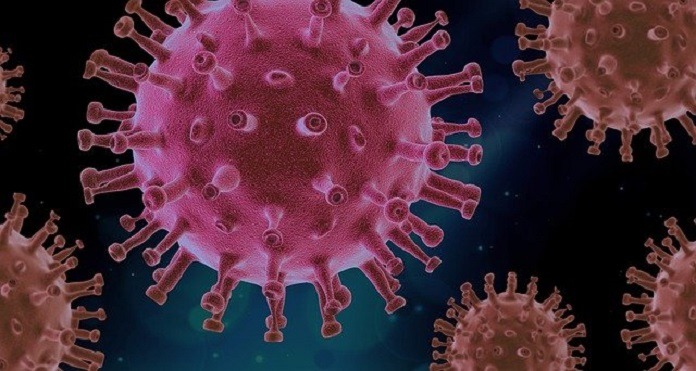Does a high dose of vitamin D reduce the number of days spent in hospital by patients with moderate to severe COVID-19?
As previous studies have indicated, vitamin D can improve an individual’s immune response and insufficiencies of the vitamin could be a potential risk factor for respiratory tract infections. High serum levels of 25-hydroxyvitamin D are postulated to have anti-inflammatory properties, potentially helping patients suffering from COVID-19 symptoms. A team out of Sao Paulo, Brazil, followed two groups of individuals to determine if vitamin D3 could potentially be used as a treatment option for those suffering from moderate to severe cases of COVID-19.
This study, which was published in The Journal of the American Medical Association, observed 240 patients with moderate to severe cases of COVID-19. The trial took place from June 2, 2020 to August 27, 2020, with the final follow-up occurring on October 7, 2020. Half of the patients were randomly given a placebo, while the other half were given a single dose of 200 000 IU of vitamin D3. This dosage was chosen as it is in the range of what is typically prescribed to patients with a 25-hydroxyvitamin D deficiency. The placebo, a peanut oil solution, was indistinguishable from the vitamin D dose.
For this study, the length of time was characterized by the number of days between when the randomized dose was administered (placebo or Vitamin D) and the date that the patient was discharge. It was found that there wasn’t a significant reduction in the hospital length of stay of COVID-19 patients that took a single dose of vitamin D3 compared to those that received a placebo (median of 7.0 days vs 7.0 days).
Additionally, there was not a significant difference in secondary outcomes, including number of deaths while in hospital care, those requiring mechanical ventilation, or trips to the intensive care unit. The only significant difference observed in this study was the 25-hydroxyvitamin D serum levels, as patients who received the placebo had lower levels than those who received the single dose of vitamin D3 (19.8 ng/mL vs 44.4 ng/mL).
Although this clinical trial was randomized, double-blind, and placebo-controlled, there were still some limitations. For example, the medications that the patients were on to treat their COVID-19 symptoms varied and could have potentially impacted the effectiveness of the vitamin D. Additionally, the amount of time between the onset of COVID-19 symptoms and the dose of vitamin D varied between individuals. Finally, the number of patients with a 25-hydroxyvitamin D deficiency was lower than recorded for other groups, which could impact how applicable this study is to other geographic locations.
This research indicates that a high dose of vitamin D3 is not an effective treatment for patients suffering from moderate to severe COVID-19, and an initial single dose does not reduce the length of stay in hospital. More studies need to be completed to investigate the potential effect of vitamin D for COVID-19 patients, and if it can be used as a treatment option.
Source:
Murai IH, Fernandes AL, Sales LP, et al. Effect of a Single High Dose of Vitamin D3 on Hospital Length of Stay in Patients With Moderate to Severe COVID-19: A Randomized Clinical Trial. JAMA. 2021;325(11):1053–1060.
Image by PIRO4D from Pixabay



